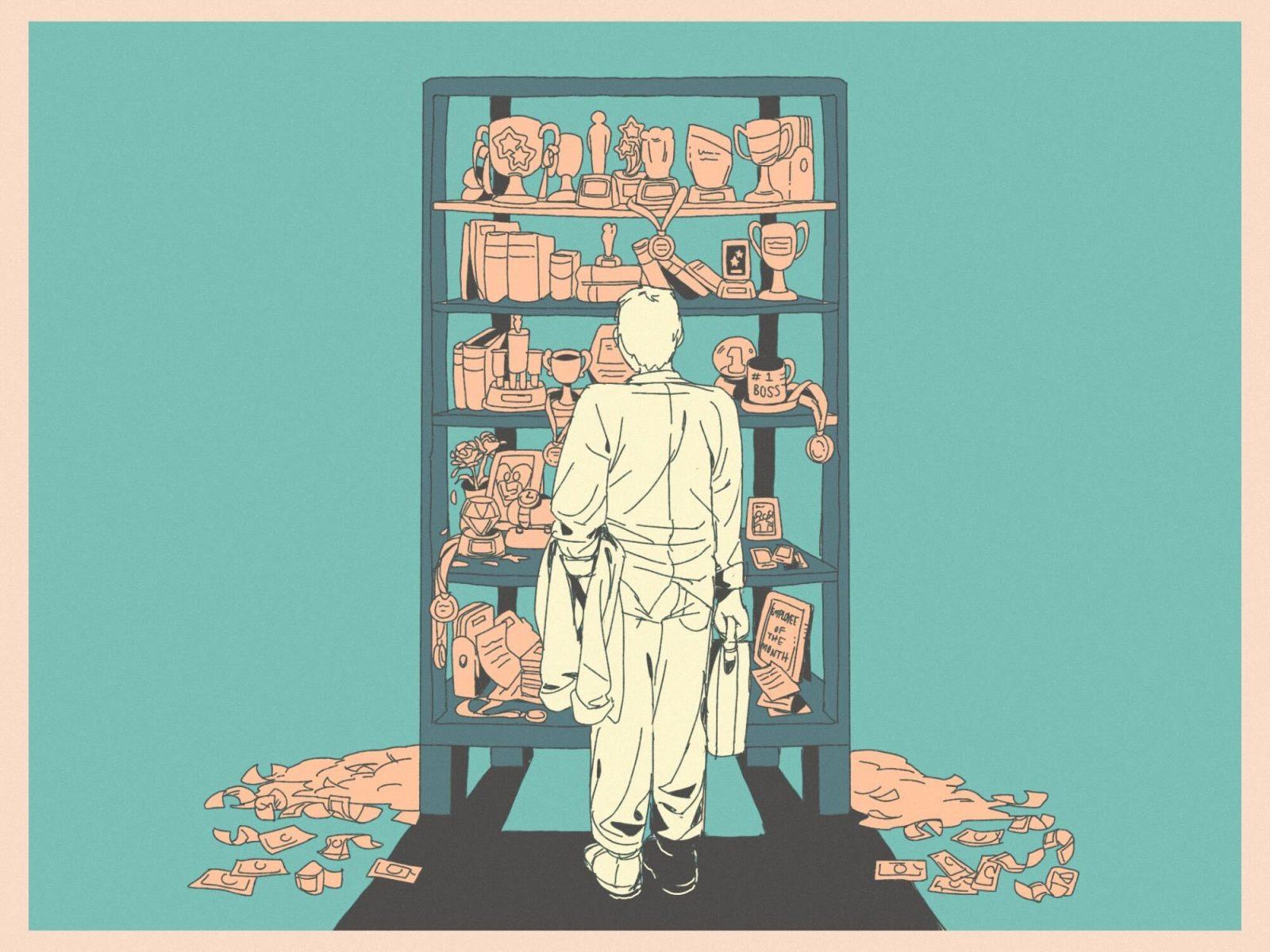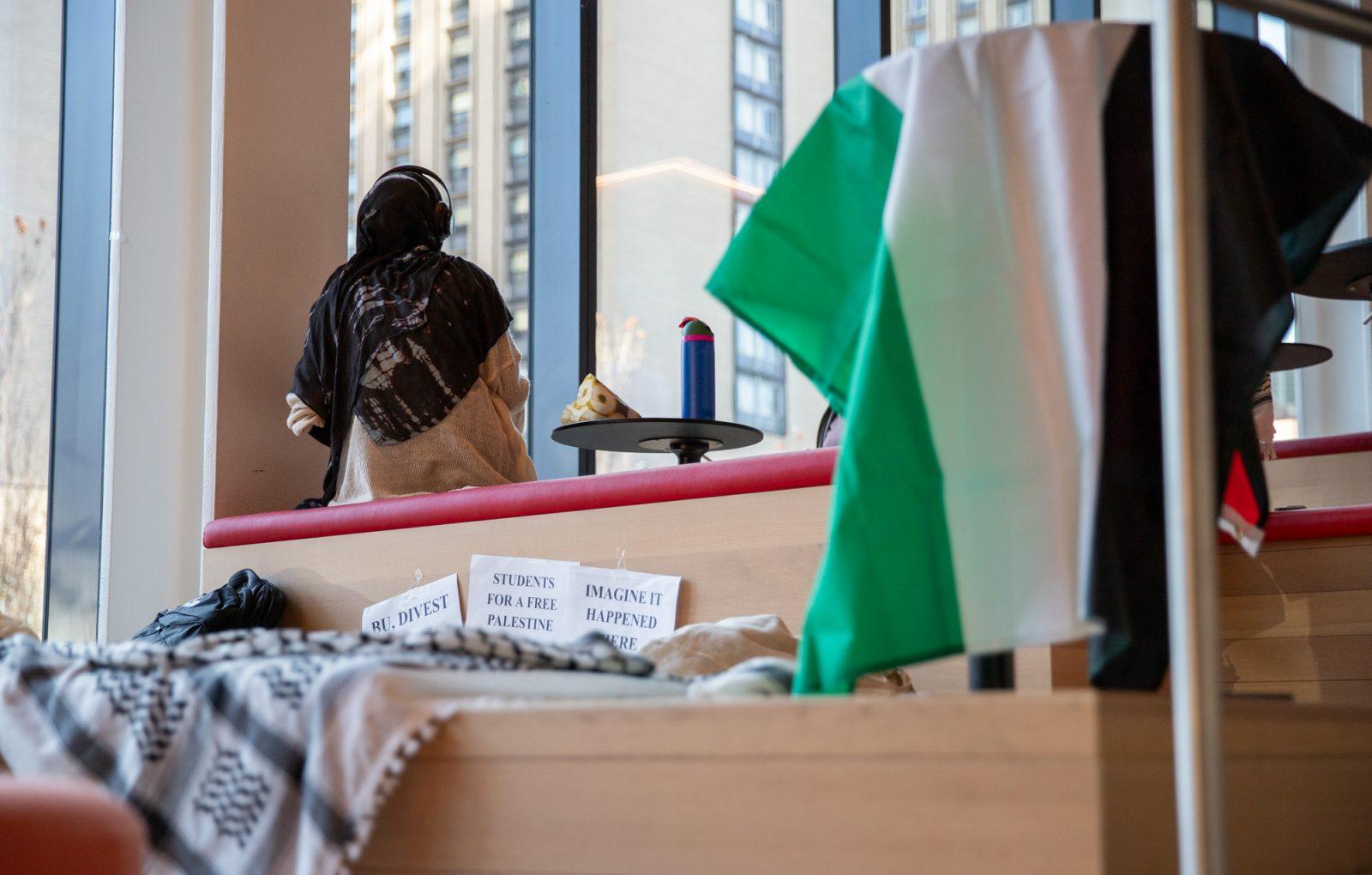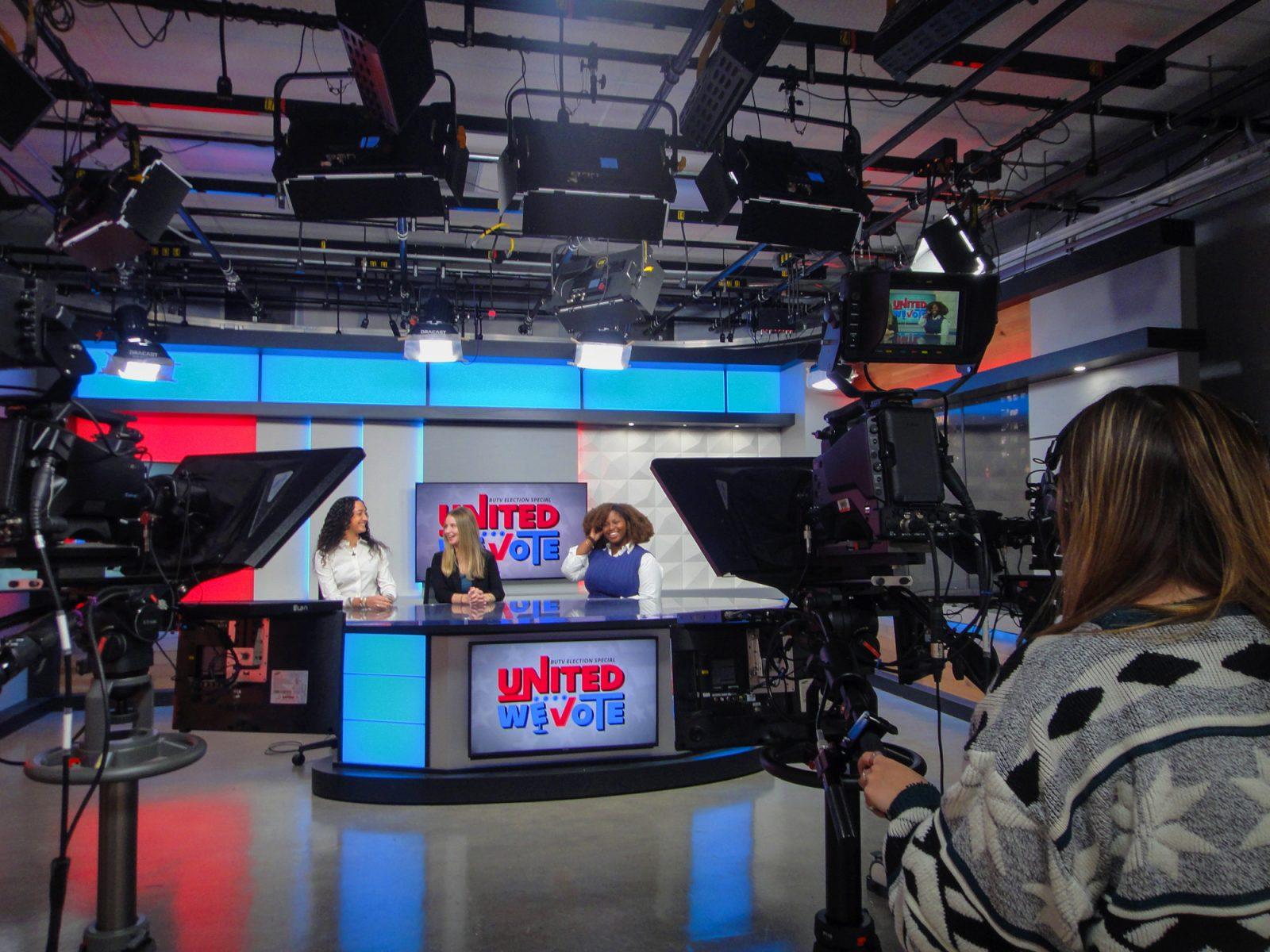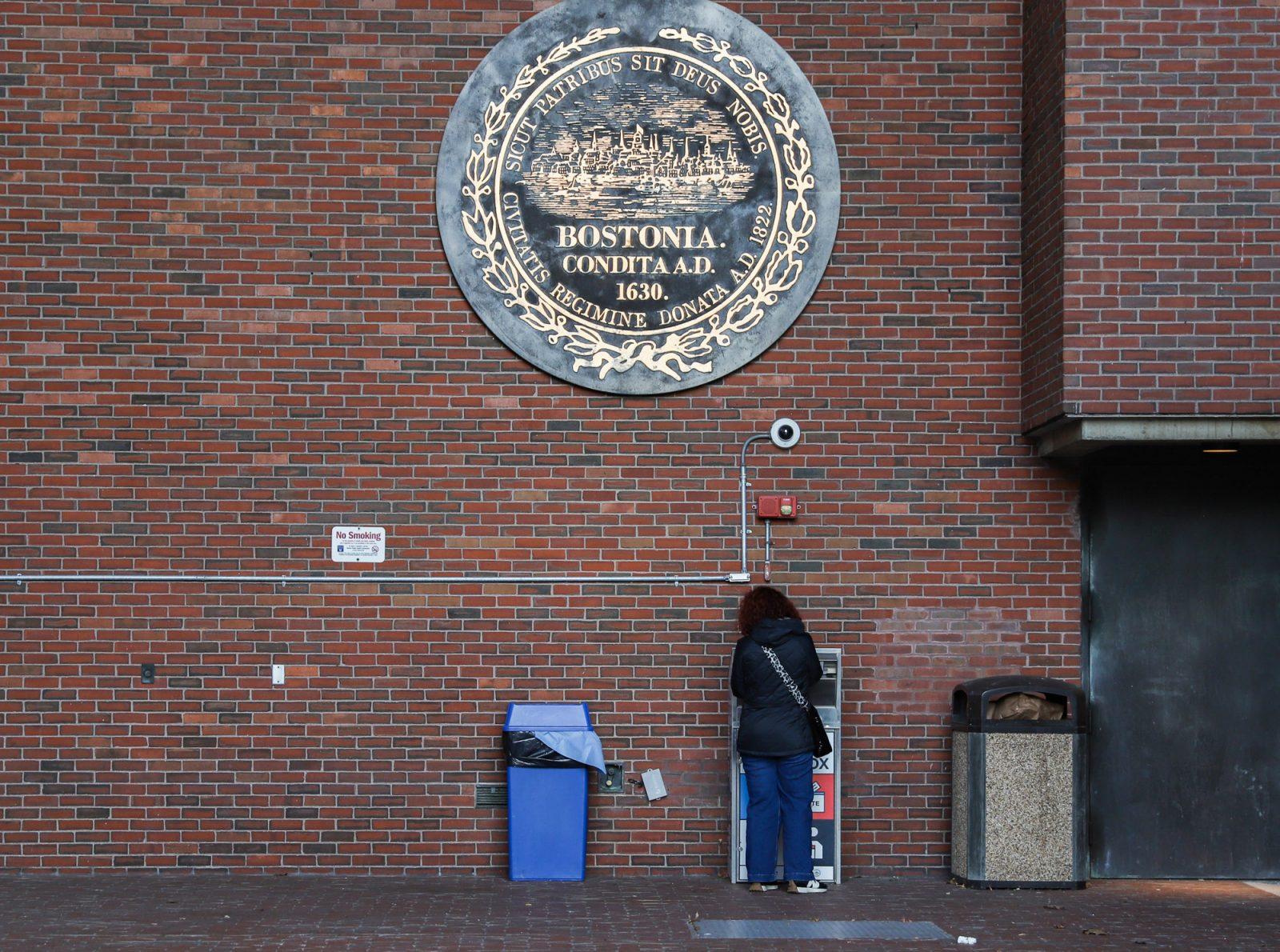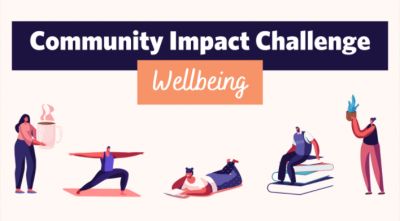
This fall, Innovate@BU and the BUild Lab are introducing the inaugural Community Impact Challenge, which provides Boston University students the opportunity to develop ideas that promote community well-being on campus.
Students are asked to submit formal proposals of ways to provide support for any aspect of well-being — from emotional to financial to spiritual — that can be implemented at BU, according to the Innovate@BU website.
Ahlea Isabella-Cochran, marketing and communications manager of Innovate@BU, said the goal of the program is to give students the opportunity to develop new ideas to help support well-being in their communities, especially during this year’s pandemic.
“We know that well-being in all of its different forms is something that is very top-of-mind for students and community members right now, with so many changes going on in this semester,” Isabella-Cochran said. “It became clear that well-being would be a really good fit for the challenge.”
Students have the ability to choose from two tracks –– the BU Community Track and the Local Community Track –– to design their ideas around, according to the website. The BU Community Track focuses on ideas that could benefit BU’s on- or off-campus community members, while the Local Community Track is open to projects that would benefit the community of wherever the student resides.
UMOJA: The Black Student Union, the Wellbeing Project and Student Government collaborated with Wellness and Innovate@BU to create the Challenge.
The Wellbeing Project worked with the Innovate@BU team to develop the theme, idea categories and application of the Challenge. It will also participate in feedback office hours and serve on the idea evaluation board.
Katharine Mooney, director of BU Wellness and Prevention, wrote in an email she hopes the program will allow participating students to develop their entrepreneurial skills.
“Through the process, they’ll get to investigate wellbeing issues in their communities, consult with experts, consider how social structures and access to resources impact health,” Mooney wrote, “and think creatively about how to support their [communities’] wellbeing.”
StuGov President Oliver Pour said the success of the summer’s New Normal Challenge created a new opening for several of the same organizations to come together and create the Community Impact Challenge.
“Our goal is really to do as much outreach to get as much student involvement in this as possible,” Pour said. “Students always come to us and say, ‘I have an idea, how do I do it?’ This is where you can execute those ideas.”
For the New Normal Challenge, students were asked to submit ideas surrounding how to help the BU campus adapt to COVID-19.
Pour said it’s especially important for students to focus on mental health and well-being when faced with issues such as this year’s pandemic, the presidential election and general schoolwork.
“This can lead to stress, anxiety, depression, several different mental disorders, and I’ve been able to see it right in front of my face, unfortunately,” Pour said. “Giving students the outlet to create projects in pursuit of well-being can be a great way to get more student involvement here and to work with the students on adhering to the students’ needs and wants across our campus.”
Stephanie Tavares, president of UMOJA, said she hopes the Challenge inspires students to think more about their communities as well as those who are outside that student’s personal community.
“I hope people are just free thinkers and think outside the box about everyone’s role and impact on society,” Tavares said.
Luke Piscitelli, a graduate student in BU’s Metropolitan College, said he plans to submit a proposal for the Challenge. He said his interest stemmed from a previous idea he has been excited to pitch and gain feedback on.
“This is one of my first experiences that I’ve had where I’ve seen how much BU supports entrepreneurship and the well-being of its students,” Piscitelli said. “I’m very excited to join.”
The initiative’s Kick-off and Networking event, which occurred Thursday night, offered students an opportunity to learn more about the Challenge and expectations.
The deadline for all submissions is midnight Nov. 1, according to the Innovate@BU website, and up to 10 projects in each track will be awarded $500 seed grants by a panel of faculty, staff and student judges.

















































































































